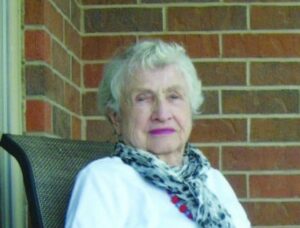 In-depth news about the California fires
In-depth news about the California fires
I find that in order to understand the news behind the news, I usually have to seek sources beyond the usual sources; mainstream media too often glosses over information vital for real understanding. The recent fires in California are an example.
In November 2018, a spark from a transmission tower operated by the Pacific Gas and Electric company (PG&E) set off a conflagration that destroyed the town of Paradise in Sonoma County. At least 85 people, mostly poor and elderly, were killed; 14,000 homes were obliterated; and all plant life on 240 square miles was burned down.
When 2019 rolled around, more fires were generated and PG&E responded by repeatedly shutting off power to millions of people, resulting in the closure of schools, gas stations, food markets, etc. Meanwhile, the company’s shareholders and investors have prospered greatly, reporting $4.5 billion in dividends. The firefighting state budget had been underfunded. Twenty northern California mayors have demanded that the state take over management of the company. California prison inmates have been used as firefighters.
Climate change, rising summer temperatures and lengthening fire seasons are factors in the growing number and intensity of wildfires. These realities have to be factored in. If California does not address this issue in a meaningful way, then the problem should be assumed by Congress. A step in that direction has been made in the use of prison inmates as firefighters. Who knows – maybe a class in firefighting in vocational schools?
The memories and questions of history
The title of the book is provocative: “To End All Wars,” and the accolades found on the book’s cover from other writers convinced me I should read it. I didn’t read it all in one day, but I tried.
I thought it might be more or less a philosophical examination of war. However, it was the First World War that it covered. I found it to be among the best, most thought-provoking and compelling books I’ve read in many, many years. It chronicles in detail the operation of the war, British attacks against the Sudanese in Africa and the discovery of gold.
To list all the most important events and famous people covered in the book would require many, many pages so I am merely listing a few of them.
1. Women were granted the right to vote;
2. The author, Adam Hochschild, and Rudyard Kipling advocated for military conscription;
3. James Keir Hardie, anti-war socialist, editor of union newspaper;
4. Emmeline & Sylvia Pankhurst, influential women suffragists;
5. King George and Queen Mary of Britain installed as Emperor & Empress of India;
6. French and German socialists issued statements of solidarity;
7. Sylvia Pankhurst organized women to protest for voting rights;
8. More than 50,000 Germans working in Britain.






















